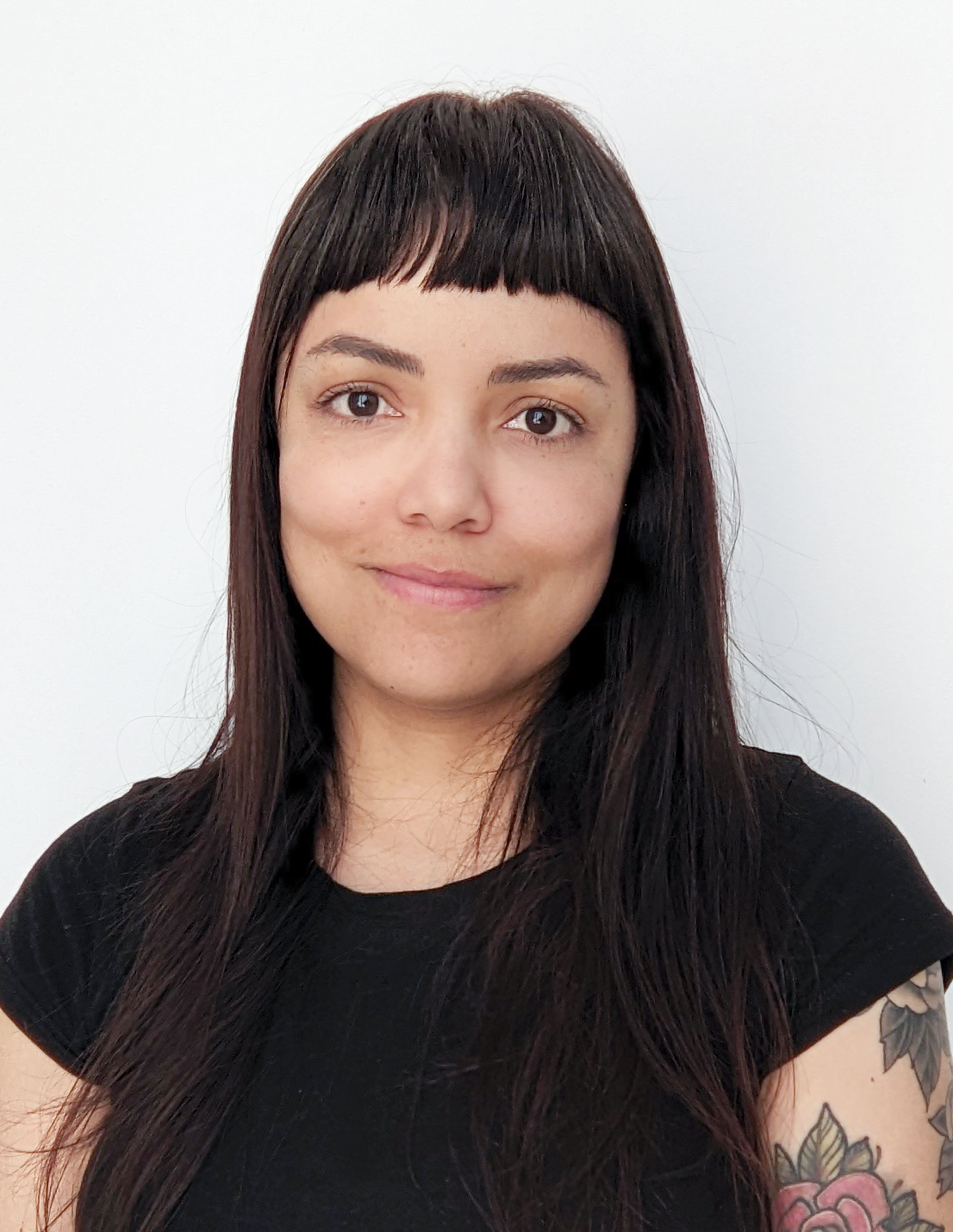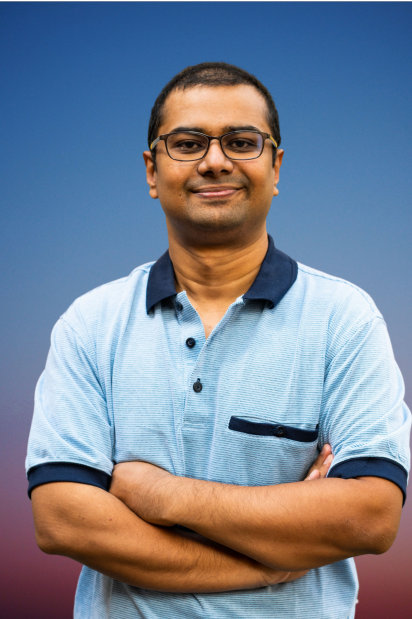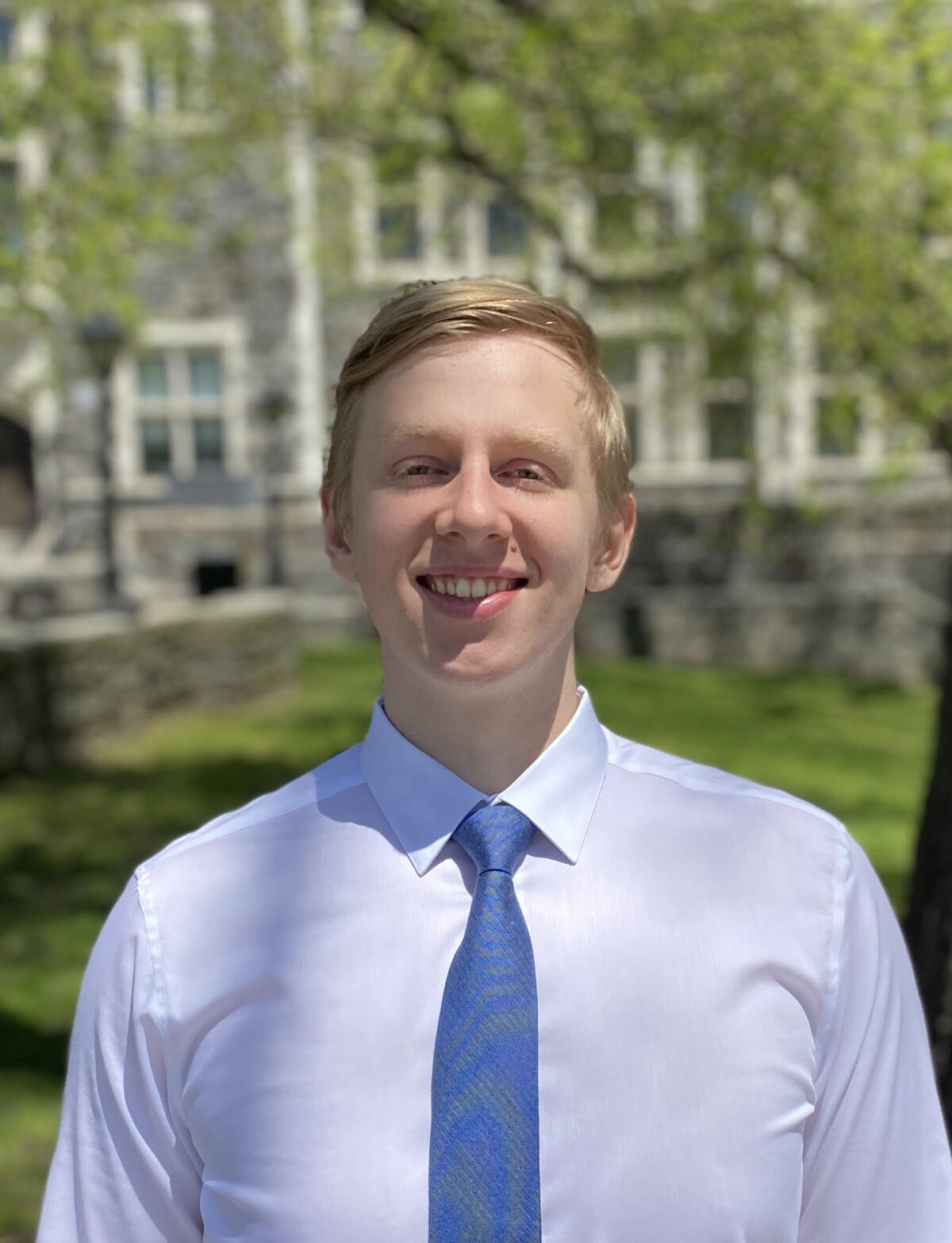Who is Cortney Harding?
I am the founder and CEO of a Virtual Reality agency called Friends With Holograms. Prior to working in VR, I worked with international music tech companies, helping them launch in the United States. And prior to that, I was a journalist and the music editor at Billboard Magazine.
What’s the story behind Friends With Holograms?
I saw a VR piece at an art museum in 2015 that absolutely changed my life. It was like nothing I’d ever experienced before, and I wanted to learn about VR as much as I could. I spent a year writing about VR and then started working at a VR production company in business development and strategy. From there, I took the leap and started FWH. We started with a few consulting gigs and then closed our first big project about six months after we started. and we went from there.
What was the most difficult part of your experience in the early beginnings?
Constantly wondering if I was doing the right thing. VR is still an emerging market and I wondered if we were too early, how we would close business, etc. The first project we closed was also really big and had a super tight timeline, and pulling it off was crazy. It wound up doing really well and I’m proud of it and my team, but there were a lot of sleepless nights.
What are you most proud of regarding your business?
The fact that the work we’ve done has had a positive impact. One of our pieces helped cut employee turnover among social workers by 18% — that’s not only a benefit for taxpayers who don’t have to foot the bill for hiring costs, but for families who have more consistency and better relationships with their caseworkers. Another piece we did, on workplace inclusion, led at least one person to make changes in how he runs meetings at his workplace and make sure all voices are heard.
What is your vision for the future of Friends With Holograms?
When I was in high school, I was a huge music fan, and my favorite label was Sub Pop. They only signed a handful of bands and everyone they signed was doing something pretty incredible. I want to stay lean and independant and do really high quality, impactful work. And of course, keep pushing the technological boundaries.
What’s your advice for the businesses that are trying to adapt to this economic climate?
Well, right now things are on fire, but who knows how long that will last. I make sure we have a long runway, which is not always easy as we don’t take outside funding. I’d say sticking with your guns and being selective about the projects you take on, as well as staying as lean as possible as long as possible, has worked pretty well for us.
Please name a few technologies which have the greatest impact on your business.
Well, virtual and augmented reality are the first that come to mind! When the pandemic hit we had to do everything via Zoom and Google Meet, which has been a nightmare for me as I’m an extrovert and I love meeting and talking with people in person.
What books do you have on your nightstand?
I’m reading Brian Eno’s diaries right now — he’s an absolute genius and I love how he writes about the creative process. There are days when he is in the studio with David Bowie making a masterpiece, and the next week he spends an entire day playing with Photoshop to make people’s butts bigger. I have to remind myself that taking time away is just as important to the creative process as the days when you are actually building and producing.
Because of the current economic climate our publication has started a series of discussions with professional individuals meant to engage our readers with relevant companies and their representatives in order to discuss their involvement, what challenges they have had in the past and what they are looking forward to in the future. This sequence aims to present a series of experiences, recent developments, changes and downsides in terms of their business areas, as well as their goals, values, career history, the high-impact success outcomes and achievements.




